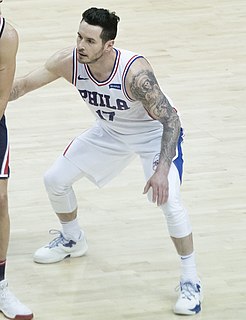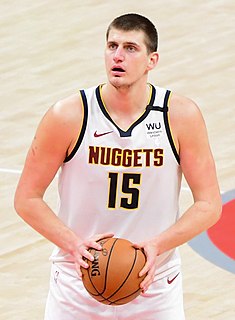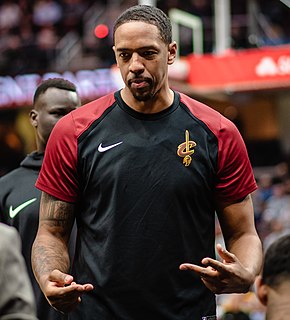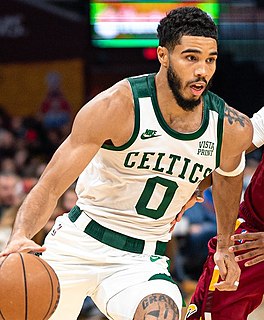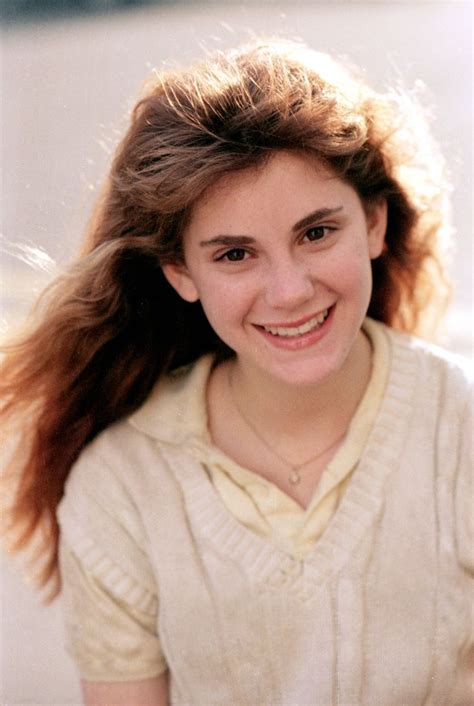A Quote by J. J. Redick
Kobe never got complacent. He always wanted more. And I think, ultimately, that's going to be his legacy.
Related Quotes
The thing is I'm with Nike and I don't want to wear any other player's shoe. No Giannis or LeBron - I'm not going to wear those, and it narrows what you can wear. But with the Kobe's, who cares because Kobe is Kobe. You can wear his shoe because it's Kobe. They look great, the feel great and it represents something.
A fan is always an outsider. Most sportswriters are not, by this definition, fans. They capitalize on access to athletes. They spoke to Kobe last night, and Kobe says his finger is going to be fine. They spent three days fly-fishing with Brett Favre in March, and Brett says he's definitely coming back for another season.
You make other team think you going one way and you got to sell the move going that way and you've got to really make them think that you're going that way and they're going the other way. When it ends up ultimately being a perfect crossover is when you shake them so bad that they can't even get back into the play to play defense. You're already gone. That's what I think the perfect one is to where a teammate of his has to stop you from scoring.
When I finally got my break in TV, as a staff writer, I always wanted to be at the top of that pyramid. I always wanted to make the decisions. I always wanted to be the one that was saying, "This is what the show is, and this is what the show is not. This is where we're going. It's going to be this kind of series." It was just something I always had my eye on, when I started in the business.
I think we're all actors. There's this friend of mine who's a great drummer, and he said, "I never thought I'd be a drummer, but I got really good at it. I always feel like I'm an actor playing the drums." His real calling was that he was going to be a magician. That's what he felt like he wanted to do. If you decide to act like a journalist, you'll probably be a better journalist than just being a journalist. What you're doing is, you're taking the executive role and stepping outside yourself so that you're able to make more objective decisions.
